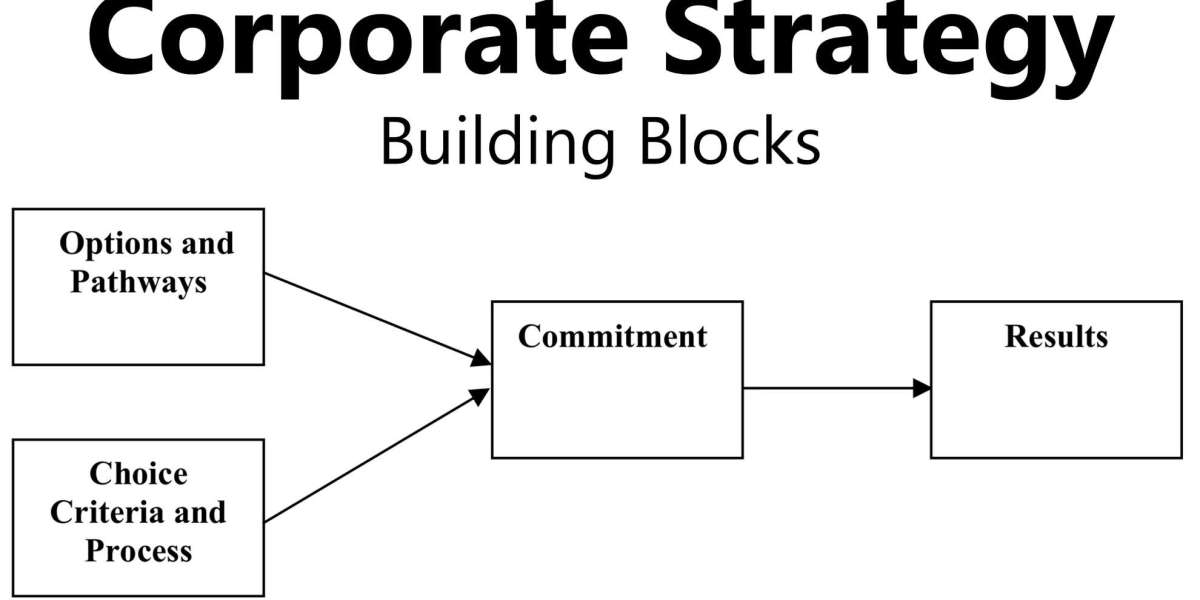In recent years, the field of artificial intelligence has evolved at an unprecedented pace, giving rise to a new paradigm known as Agentic AI. Unlike traditional AI systems that rely heavily on human supervision and predefined rules, agentic AI possesses the ability to make autonomous decisions, pursue goals independently, and adapt to dynamic environments. This transformative technology is reshaping industries, from manufacturing to healthcare, and fundamentally altering the way organizations approach problem-solving and operational efficiency.
Agentic AI represents a significant departure from conventional AI, which typically performs narrowly defined tasks such as pattern recognition, data analysis, or language processing. Traditional AI excels at following instructions and performing repetitive functions with precision, but it often lacks the flexibility to make complex decisions or handle unexpected scenarios. Agentic AI, in contrast, is designed to act proactively, setting objectives, evaluating multiple strategies, and selecting the optimal course of action with minimal human intervention. This capability enables businesses to respond more quickly to challenges, optimize workflows, and innovate in ways that were previously unimaginable.
One of the most significant applications of agentic AI is in the manufacturing sector. Modern production lines are becoming increasingly complex, with numerous interdependent processes that require precise coordination. Agentic AI can autonomously monitor equipment performance, predict maintenance needs, and adjust operations in real time to maintain efficiency. For example, if a machine shows early signs of wear, an agentic AI system can reassign tasks, optimize resource allocation, and even alert human operators to potential issues before they escalate into costly downtime. This proactive approach enhances productivity while reducing operational risk, making manufacturing processes smarter and more resilient.
Beyond manufacturing, agentic AI is revolutionizing supply chain management. Traditional supply chains are often vulnerable to disruptions, whether due to natural disasters, geopolitical events, or sudden shifts in consumer demand. Agentic AI can analyze vast amounts of data from multiple sources, anticipate potential bottlenecks, and autonomously adjust logistics strategies. This allows companies to maintain continuity, minimize delays, and reduce costs, even in highly unpredictable environments. By autonomously learning from patterns in data and making adaptive decisions, agentic AI transforms supply chains into intelligent, self-regulating systems.
Healthcare is another sector benefiting from the rise of agentic AI. In clinical settings, these systems can autonomously analyze patient data, identify potential health risks, and recommend personalized treatment plans. Unlike conventional decision-support systems, which rely on human clinicians to interpret data and make final judgments, agentic AI can actively propose interventions based on real-time analysis and predictive modeling. This capability not only improves patient outcomes but also reduces the cognitive burden on healthcare professionals, enabling them to focus on more nuanced aspects of care.
The integration of agentic AI into business strategy also enhances decision-making at a strategic level. By autonomously evaluating scenarios, forecasting outcomes, and recommending optimal courses of action, agentic AI can assist executives in navigating complex market conditions. For instance, financial institutions can deploy agentic AI to autonomously monitor market fluctuations, adjust investment portfolios, and mitigate risks, all while continuously learning from new data. This ability to act independently and adaptively is what sets agentic AI apart from earlier generations of decision-support technologies.
Despite its numerous advantages, agentic AI presents unique challenges that organizations must address. One of the most pressing concerns is ethical decision-making. As AI systems gain autonomy, they may encounter situations requiring value-based judgments, such as prioritizing efficiency over safety or profitability over sustainability. Ensuring that agentic AI operates in alignment with human values, ethical standards, and regulatory requirements is a critical aspect of deployment. Companies must establish robust governance frameworks and incorporate ethical considerations into the design and oversight of these systems.
Security and transparency are additional considerations. Agentic AI systems operate independently, often making complex decisions that are difficult for humans to interpret. Ensuring accountability and explainability is essential to maintain trust and prevent unintended consequences. Techniques such as explainable AI (XAI) and continuous monitoring can help organizations track decision-making processes and understand the rationale behind autonomous actions.
The development of agentic AI also relies heavily on advances in machine learning, natural language processing, and reinforcement learning. Reinforcement learning, in particular, is crucial because it enables AI agents to learn from trial and error, improving performance over time without explicit human guidance. By continuously interacting with their environment and receiving feedback on the outcomes of their actions, agentic AI systems become increasingly capable of handling complex, dynamic tasks across diverse domains.
Looking ahead, the potential applications of agentic AI are virtually limitless. In urban planning, autonomous AI agents could manage traffic flow, optimize energy consumption, and enhance public safety. In environmental management, they could monitor ecosystems, predict natural disasters, and recommend conservation strategies. Even creative industries stand to benefit, with agentic AI capable of generating innovative designs, composing music, or assisting in content creation while adapting to audience preferences.
For organizations, the adoption of agentic AI offers a competitive advantage that extends beyond operational efficiency. By leveraging autonomous systems, businesses can respond more quickly to emerging trends, identify new opportunities, and optimize performance in real time. The ability to act decisively and independently in complex, fast-changing environments is increasingly essential in today’s global economy.
In conclusion, agentic AI represents a transformative evolution in artificial intelligence, shifting from passive, instruction-based systems to autonomous agents capable of independent decision-making. Its applications span industries from manufacturing to healthcare, supply chain management, and strategic business operations. By enabling systems to act proactively, adapt to dynamic conditions, and continuously learn from experience, agentic AI is setting new standards for efficiency, resilience, and innovation.
However, the deployment of agentic AI also demands careful consideration of ethical, security, and governance issues. Ensuring that these autonomous systems operate responsibly, transparently, and in alignment with human values is crucial for long-term success. As technology continues to advance, the organizations that embrace and effectively manage agentic AI will be best positioned to thrive in an increasingly complex and competitive landscape.
Ultimately, agentic AI is more than just a technological development—it is a paradigm shift in how humans interact with intelligent systems. Its ability to act autonomously, learn dynamically, and make decisions independently is reshaping industries, redefining efficiency, and opening new frontiers in innovation. As society continues to explore the full potential of this technology, agentic AI will undoubtedly play a central role in shaping the future of work, industry, and human-machine collaboration.






